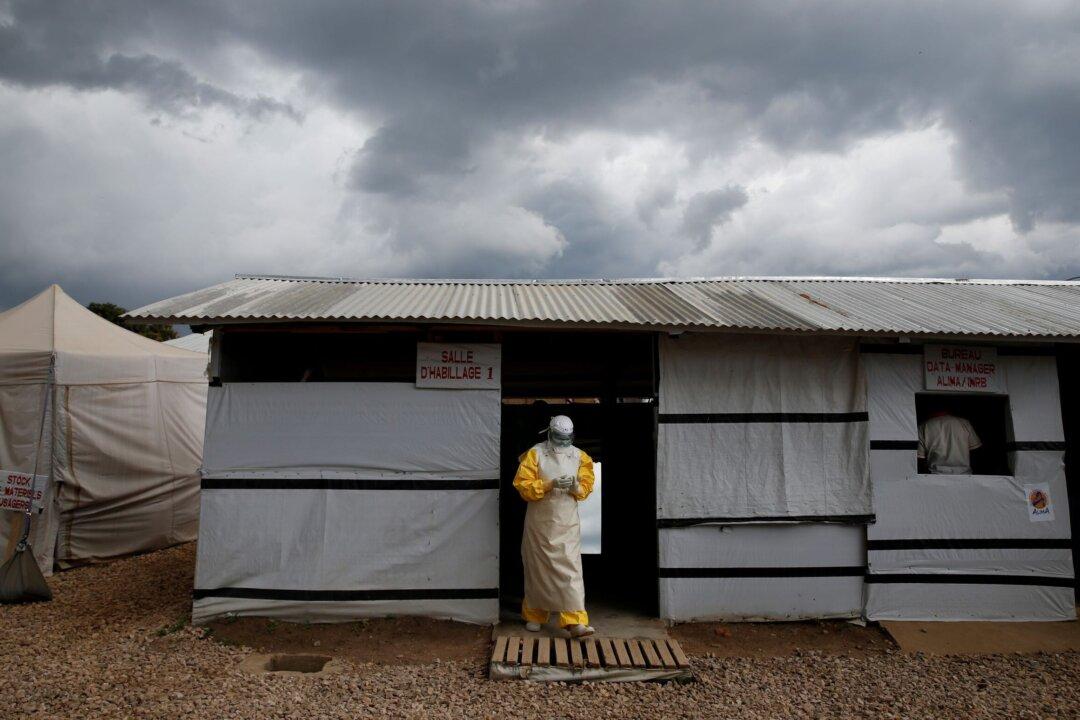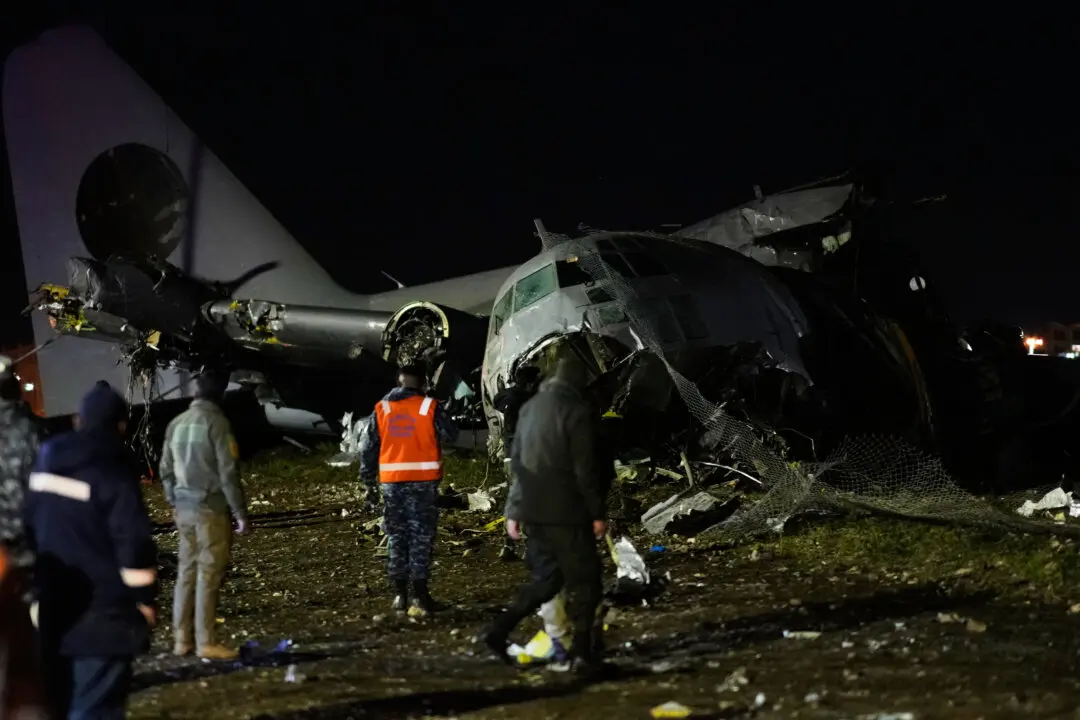GOMA, Democratic Republic of Congo—A case of Ebola has been confirmed in eastern Democratic Republic of Congo, the health minister said on Friday, five months after the end of the most recent outbreak there.
It was not immediately known if the case was related to the 2018–2020 outbreak that killed more than 2,200 people in eastern Congo, the second deadliest on record, or the flare-up that killed six this year.





